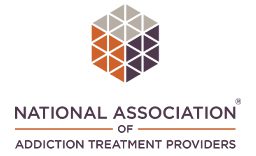Age-Specific Care
We are age-specific, not gender-specific. We focus on the unique circumstances that your teen faces at their stage of life.
Level of Care: Residential
Program length: 30-90 days
Ages: Teens (13-17)
Location: Crownsville, Maryland
At Sandstone Care’s Crownsville RTC (also called the Teen Center at Chesapeake), we know treating teen addiction and mental health is complex. That’s why we offer comprehensive programming that addresses the specific challenges young people face as well as an evidence-based approach that’s proven to work.
We are age-specific, not gender-specific. We focus on the unique circumstances that your teen faces at their stage of life.
In individual and group therapy we use treatment services that have been scientifically proven to provide consistent, lasting recovery.
Your teen is more than a number, which is why we provide an intimate setting where their voice can be heard.
No one person is the same, and neither is their recovery journey. Your teen’s treatment program will be tailored to their unique needs.
We want your teen to get the most out of life, which means feeling confident in the classroom and staying up-to-date on schoolwork.
Recovery involves the entire family, so we provide support for the whole family system through family therapy and multi-family group.
My child is almost done with their program and I’ve seen a huge difference.




We have felt included and supported and are so grateful for the care they’ve provided to our son at such a vulnerable and scary time.
The Continuum of Care
Access a full range of treatments for mental health and substance use disorders. Whether your teen is in need of a safe inpatient rehabilitation for teenagers or outpatient treatment in MD, Sandstone Care has a program that can help.
We help teens and their families overcome challenges with drugs, alcohol, mental health issues, trauma, and addiction in Crownsville, Maryland.